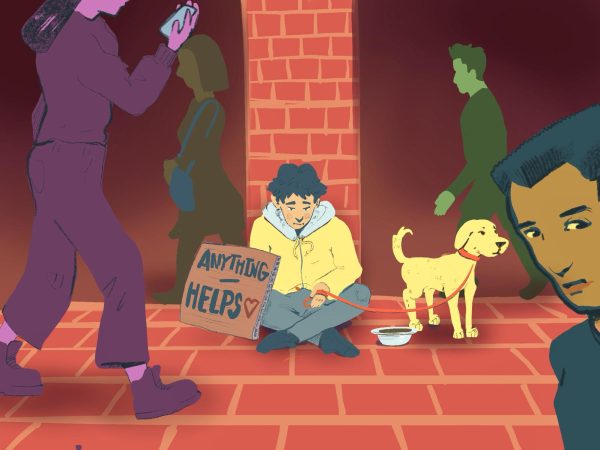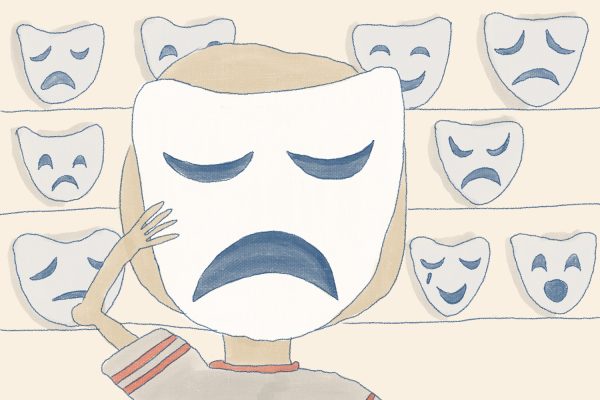Why protesting is important for democracy
October 18, 2018
Does protesting matter to a government that doesn’t listen to its people?
Thousands of people across the nation gathered in protest of Brett Kavanaugh’s nomination to the supreme court. UVM students walked out of class, hundreds of protestors gathered around the senate hearing and women shared stories of their own sexual assault online. The message they sent was clear: Brett Kavanaugh must not be confirmed to the Supreme Court.
The past two years have had seemingly constant protests against policies and ideas put forward by the Trump administration. 1 in 5 Americans have attended a protest since 2016, according to an April 2018 poll by the Washington Post. These protests may temporarily soothe our worries or bring us a sense of hope. However, these protests have rarely brought change.
Many of us doubt whether protesting is even worth it. As we watched our senators confirm Kavanaugh, it causes many of us to feel that these protests were a waste of time. While protests against our government are not always effective in breaking policy, the message that these protests send to the world and to other Americans is incredibly important, regardless if there is any change in policy.
Trump’s Muslim ban may anger terrorist groups and pose a risk to the safety of America, according to a Jan.17 2017 Politico article. Even though the airport protests in January 2017 failed to create much change, these protests told Muslims around the world that this policy doesn’t represent the views of all Americans. Simply sending the message that Americans stand up against racism could prevent an attack from extremists. This message is equally important as changing policy.
Protesting also protects the moral values of our country. To be considered a world power, it is necessary that other countries understand that many Americans disagree with Trump. Mass protests show that the state of our country is only temporary and can be changed by the next election.
Lastly, protesting policies founded on intolerance shows our future generations that in times of hate we stood up to resist it. This sets the crucial expectation that action should be taken against a government that actively works against common people. If a future government acts the same way, the people have an example to follow.















![Can’t buy me [self] love](https://vtcynic.com/wp-content/uploads/2024/04/self-care-FINAL-600x398.jpg)
